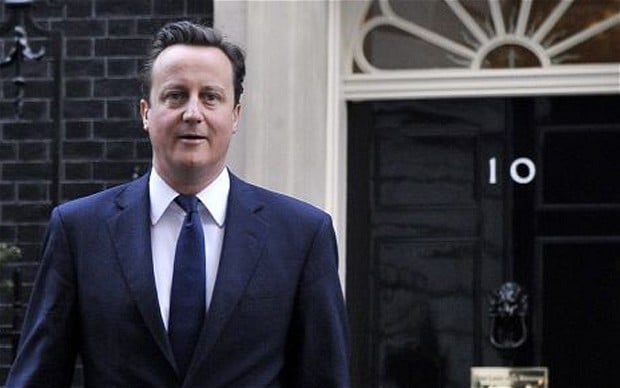Greenpeace has appealed to the UK’s transparency watchdog over the government’s repeated refusal to publish an unredacted version of its Shale Gas Rural Economy Impacts report.
The environmental NGO has asked the Information Commissioner’s Office to force the Department for Environment, Food and Rural Affairs (Defra) to release the report in full.
An unredacted version should be released before Lancashire authorities vote on whether or not to grant fracking firm Cuadrilla planning permission for two sites in the area, argues Greenpeace.
Greenpeace says councillors should have access to all the available evidence when making a decision “which is likely to have significant repercussions for communities in Lancashire and beyond.” The appeal follows similar calls from Lancashire County Council, which voted unanimously for Defra to publish a full version of the report.
Government Cherry-Picking
Louise Hutchins, a Greenpeace UK energy campaigner, said: “Authorities in Lancashire and elsewhere in the country are about to make crucial decisions on whether to allow this controversial industry in their area. They should be given access to all the available evidence, not have it cherry-picked for them by the government.”
The redacted fracking report was released last summer after a Freedom of Information request by Request Initiative on behalf of Greenpeace. The report was blanked out 63 times within 13 pages, including a whole section on the impact of fracking on house prices.
In refusing requests for the report’s release both Defra and the Department for Energy and Climate Change – which have claimed the report should never have been produced in the first place – have argued that there was a “strong public interest in withholding the information” as it could “mislead and distort the public debate on shale gas”.
Greenpeace calls on transparency watchdog to end travesty of censored #fracking report http://t.co/gYlQNpYfNy #GP pic.twitter.com/FuZCEoKsRY
— Greenpeace UK (@GreenpeaceUK) March 11, 2015
However, Greenpeace objects to this claim, stating that “it’s precisely the publication of a heavily redacted report that is more likely to mislead the public and distort the debate by divulging only the evidence that suits the government’s aims.”
According to the NGO, the report is the only known government report looking at the full range of fracking’s potential side effects, from public health to house prices and rural businesses.
‘Transparency Revolution’
Ministers have also repeatedly called on the government to release the full report. Labour MP Alan Whitehead, for example, urged the government in January to end any notion that it was hiding information, stating: “It is imperative that the report is published in full in order for a proper debate to take place and to dispel the enormous cloud of suspicion that will hang over any further attempts to keep parts of it secret.”
In 2011, Prime Minister David Cameron announced a “complete revolution in transparency,” arguing that “we need more of it”. He added: “Information is power. It lets people hold the powerful to account, giving them the tools they need to take on politicians and bureaucrats.”
Yet, Cameron has dodged questions about the report’s release on more than one occasion.
“It makes a mockery of David Cameron’s commitment to transparency and is a slap in the face to the hundreds of thousands of people living in communities potentially affected by fracking,” Hutchins said yesterday. “Ministers should end this transparency travesty and publish the report in full.”
Photo: EPA/ANDY RAIN via Creative Commons
Subscribe to our newsletter
Stay up to date with DeSmog news and alerts






